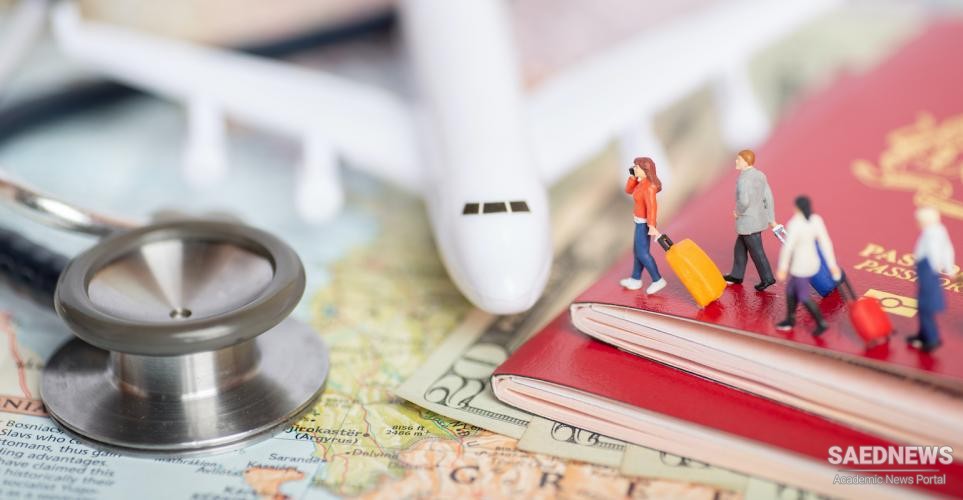The standards for patient care and medical services in Iran may differ from your home country. Iran has both public and private health sectors. Publicly-run facilities provide the majority of the country’s healthcare, while the private sector provides some secondary and tertiary care in urban areas. The quality of healthcare in Iran varies. Healthcare in major cities such as Tehran may provide an adequate standard of care, but facilities throughout most of the country fail to meet international standards. Private facilities are reported to have shorter wait-times and provide a slightly higher standard of care than public facilities. Many doctors in Iran have been trained outside of the country and speak English.
In the event of a medical emergency, contact your travel health insurance company immediately. Hospitals in Iran typically require upfront payment in cash regardless if you have travel health insurance. Due to limited healthcare services, medical evacuation to Western Europe is common for serious health emergencies. Ensure that you have accessible funds to cover upfront fees and adequate travel health insurance, including evacuation. Before you depart, check with your insurer and evacuation company about the extent of their coverage in Iran.
Essential medications may be temporarily unavailable or in short supply. Pharmacies are typically found in urban areas and medications in rural areas may be limited. Avoid buying medications from markets or unlicensed pharmacies, as fake medication is a common problem.
If you are travelling with medication, check with Iran's embassy, consulate, or Ministry of Health for details on medication allowances and restrictions. Note that these sources may provide incomplete or out-of-date information.


 What You Need to Know about the Health Care System in Iran
What You Need to Know about the Health Care System in Iran














































